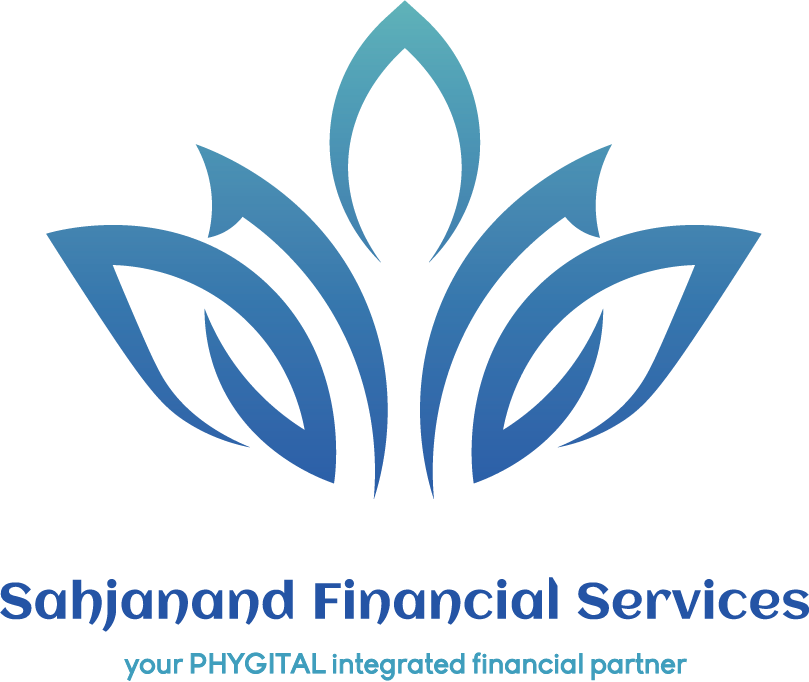Fixed Income

Fixed income broadly refers to those types of investment security that pay investors fixed interest or dividend payments until its maturity date. At maturity, investors are repaid the principal amount they had invested. Government and corporate bonds are the most common types of fixed-income products.
- Fixed income is a class of assets and securities that pay out a set level of cash flows to investors, typically in the form of fixed interest or dividends.
- At maturity for many fixed income securities, investors are repaid the principal amount they had invested in addition to the interest they have received.
Fixed income investing is a conservative strategy where returns are generated from low-risk securities that pay predictable interest. Since the risk is lower, the interest coupon payments are also, usually, lower as well.
Fixed Income gives stability to your portfolio when Equity market falls, Good combination of Debt and Equity is must for ideal ASSET Allocation (As per Age and Investment horizon)/Portfolio Management.
- Government Bond is similar to a Treasury since it is government-issued, except it is issued and backed by a state, municipality, or county, instead of the federal government, and is used to raise capital to finance local expenditures. Muni bonds can have tax-free benefits to investors as well.6
- Corporate bonds come in various types, and the price and interest rate offered largely depends on the company’s financial stability and its creditworthiness. Bonds with higher credit ratings typically pay lower coupon rates.
- Junk bonds—also called high-yield bonds—are corporate issues that pay a greater coupon due to the higher risk of default. Default is when a company fails to pay back the principal and interest on a bond or debt security.
- Certificate of deposit (CD) is a fixed income vehicle offered by financial institutions with maturities of less than five years. The rate is higher than a typical saving account, and CDs carry FDIC or National Credit Union Administration (NCUA) protection.7 8
- Fixed-income mutual funds (bond funds)—such as those offered by Vanguard—invest in various bonds and debt instruments. These funds allow the investor to have an income stream with the professional management of the portfolio. However, they will pay a fee for the convenience.
- NSC– A Government of India initiative, it is a savings bond that encourages subscribers to invest while saving on income tax. this scheme is a secure and low-risk product. They come with a fixed maturity period of five years. Investments of up to Rs.1.5 lakh can earn you a tax break under Section 80C of the Income Tax Act. The certificates earn a fixed interest and which is declared time to time by GOI.
- KVP—Kisan Vikas Patra is a certificate scheme from the Indian post office. Its primary objective is to encourage long-term financial discipline in people. It offers capital protection and guaranteed Interest.
- MIS—Monthly income scheme offered by Post office offers Guaranteed monthly income along with capital protection. An individual can invest maximum INR 4.5 lakh in single account and INR 9 lakh in joint account
At Sahjanand Finserv we offer Government bond,Corporate Bond,Certificate of Deposit(CD),Fixed income mutual Fund (Debt MF),NSC,KVP,Monthly Income Scheme (MIS-Post),Recurring Deposits and Fixed Deposits.

